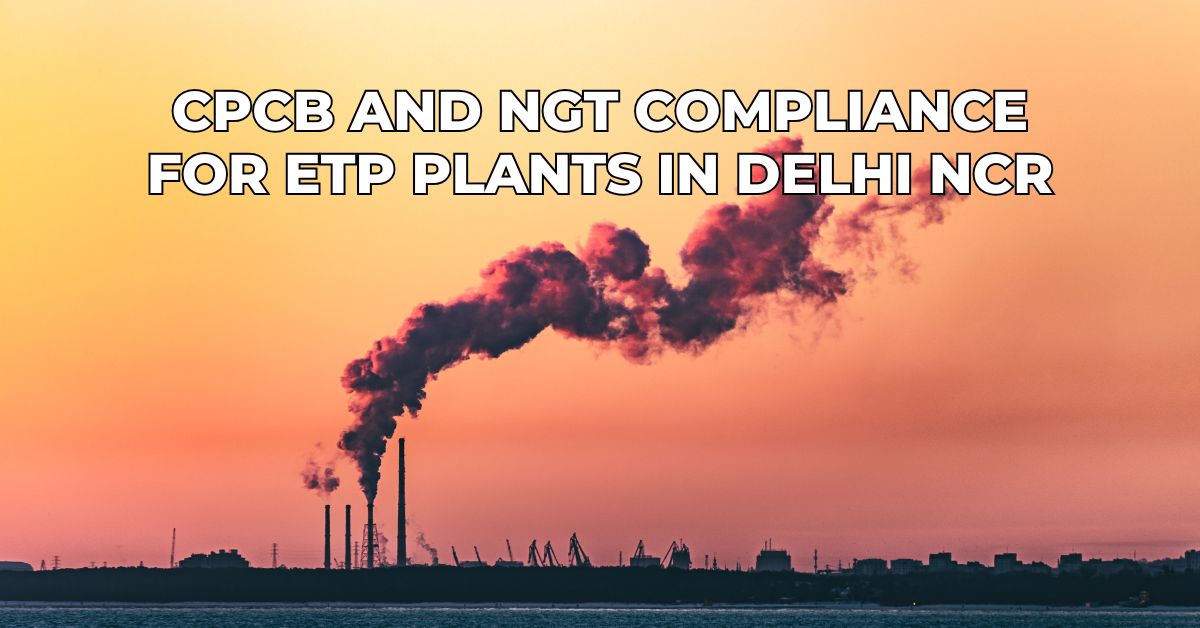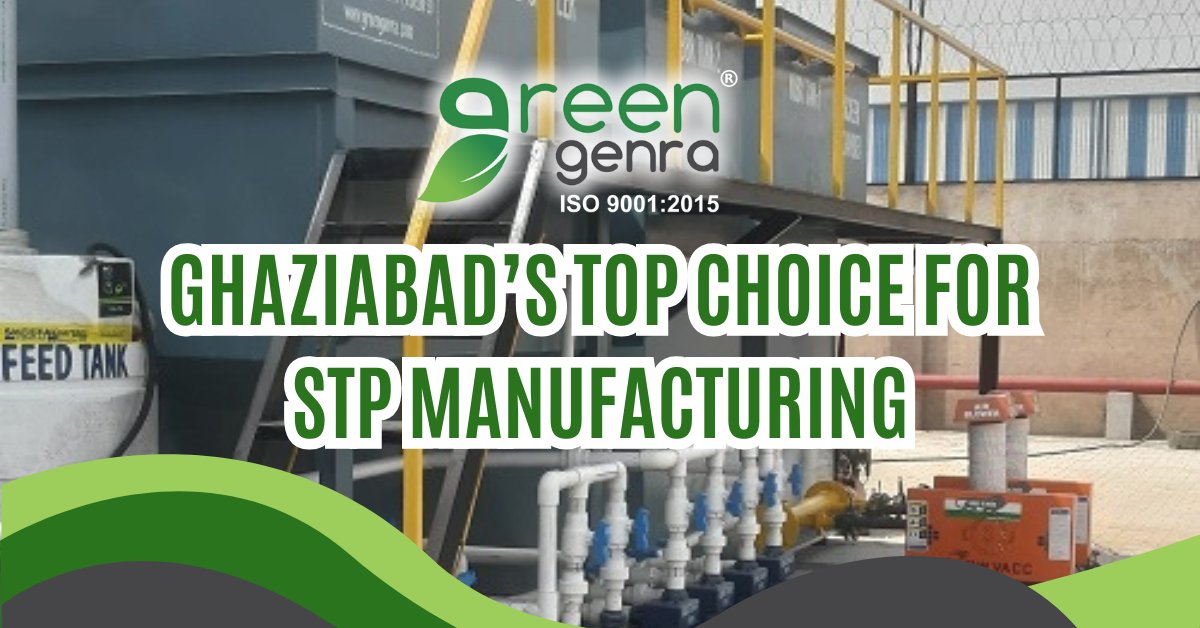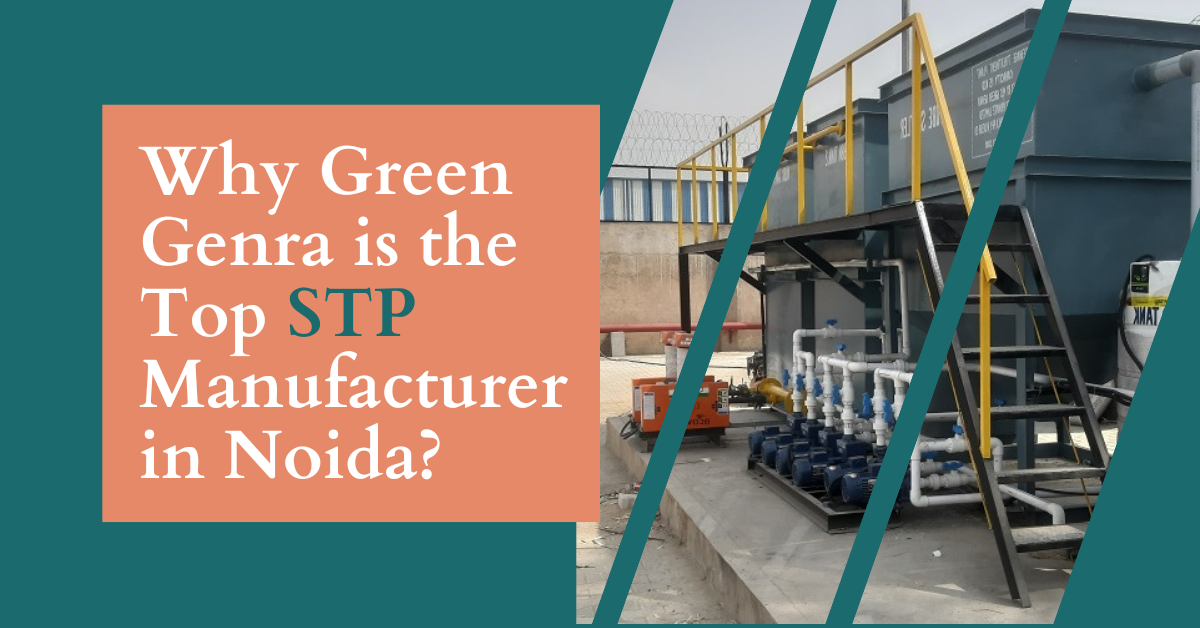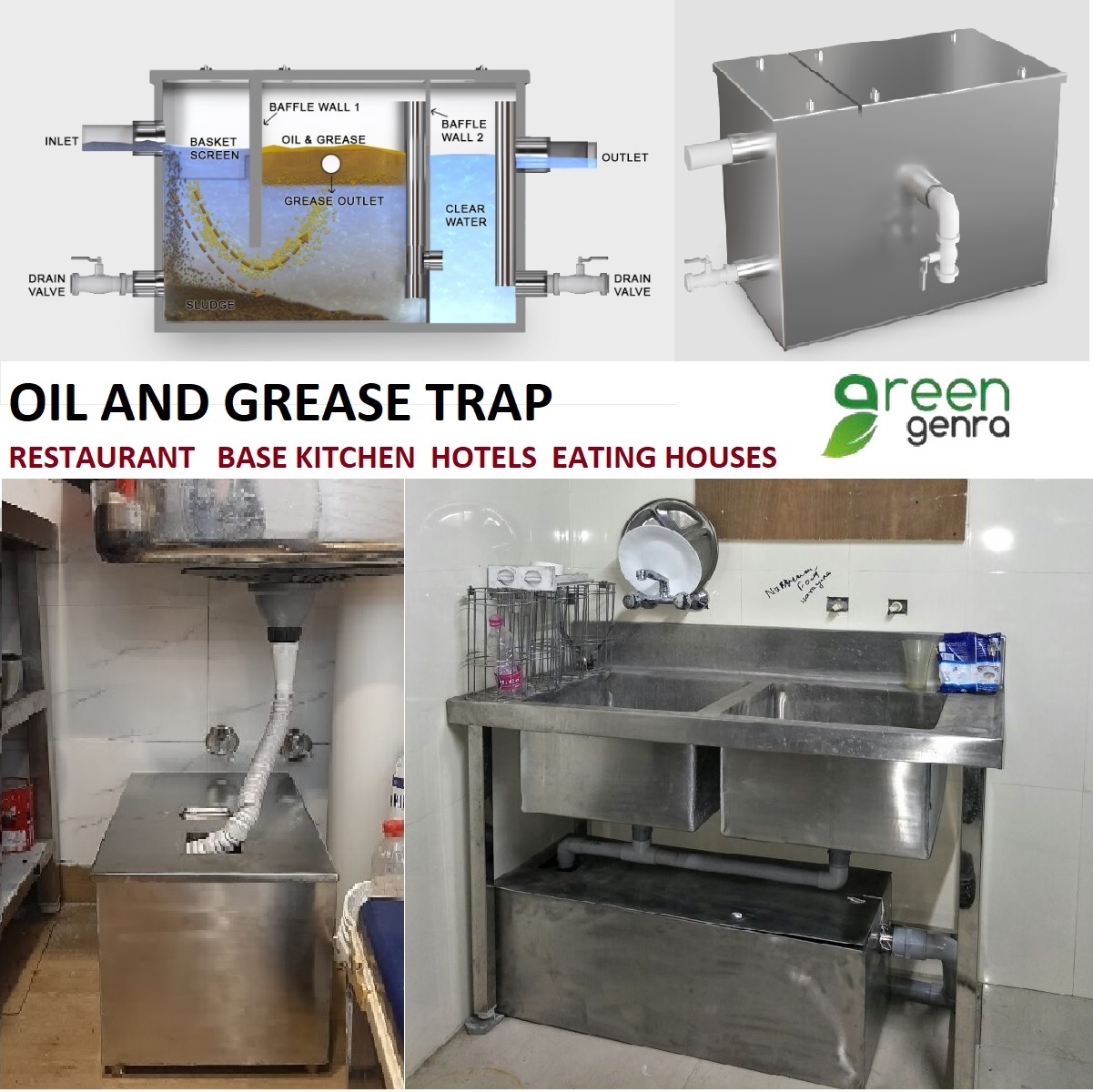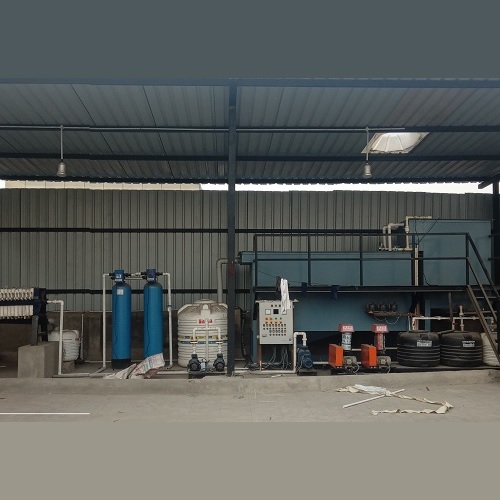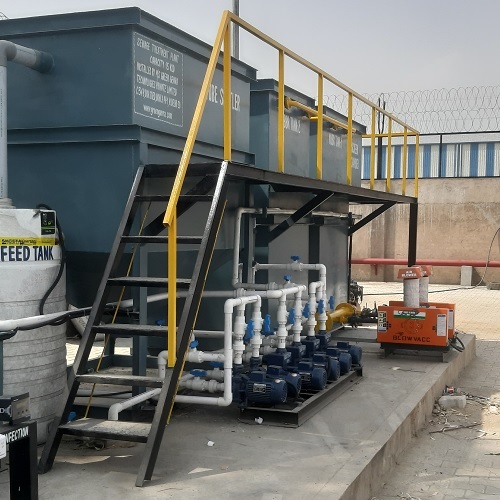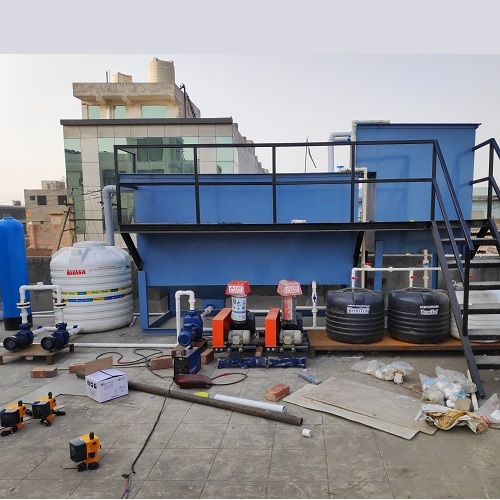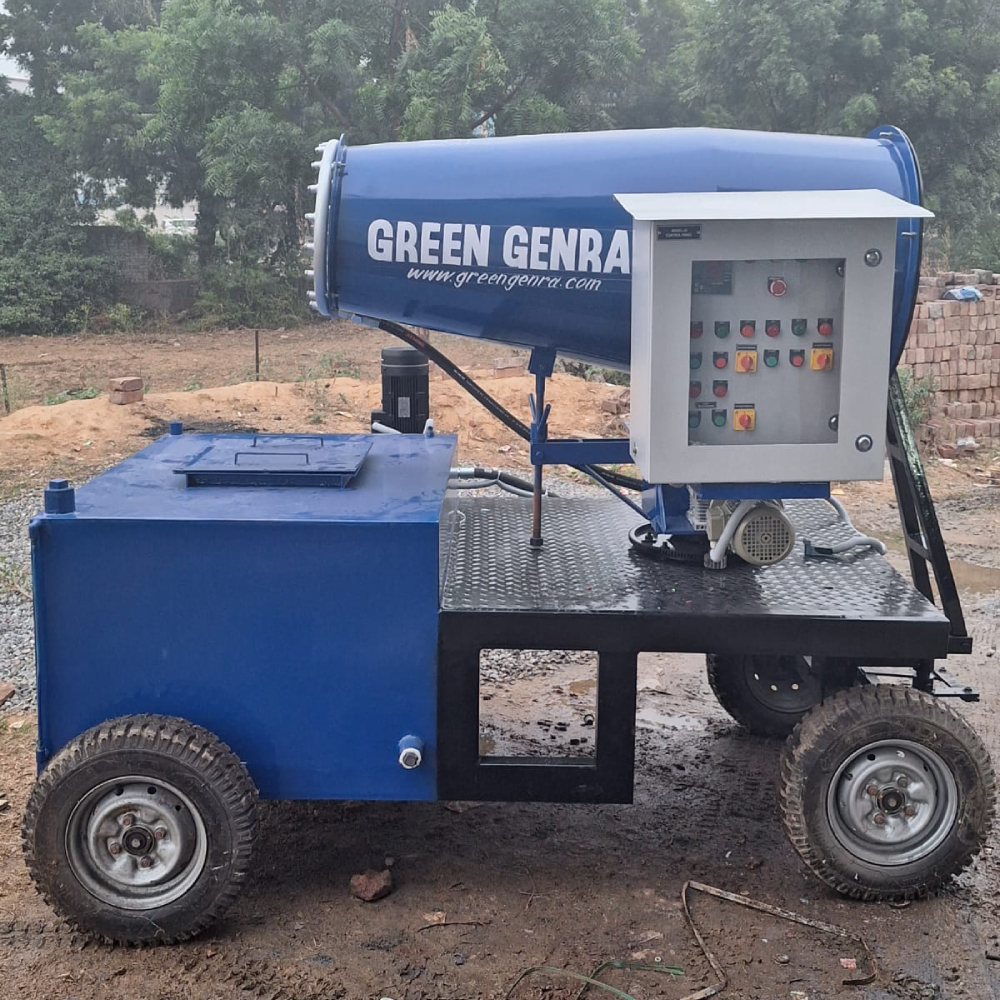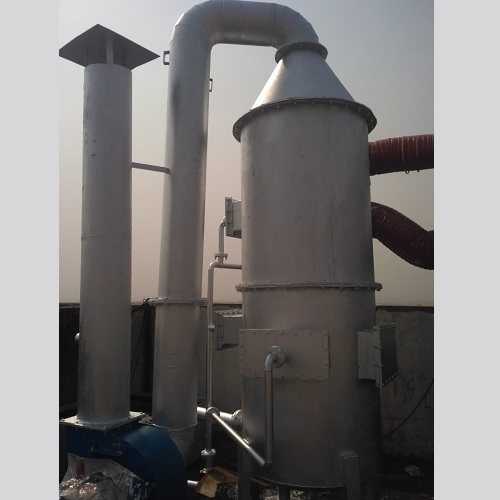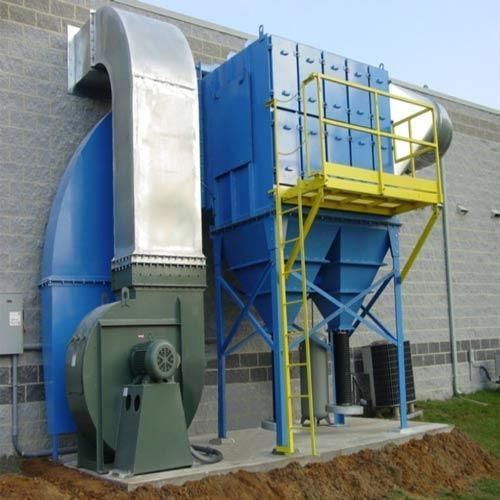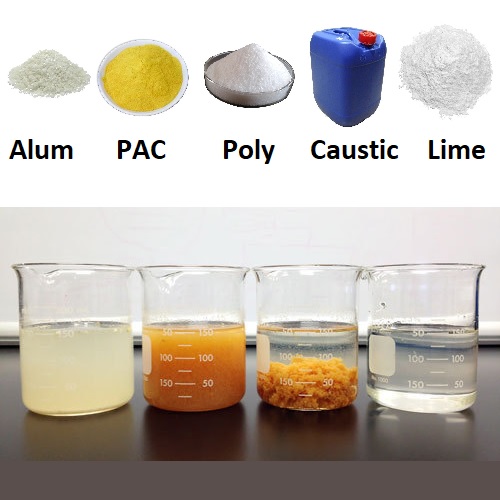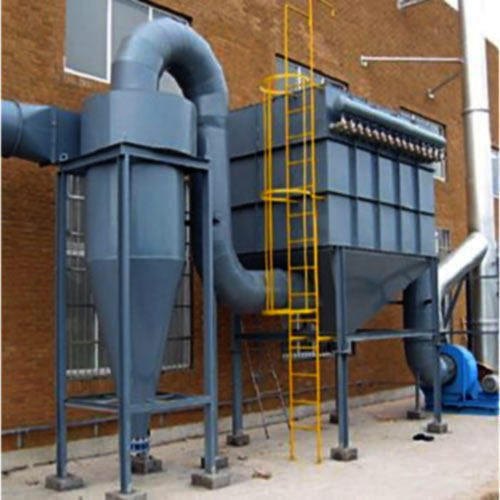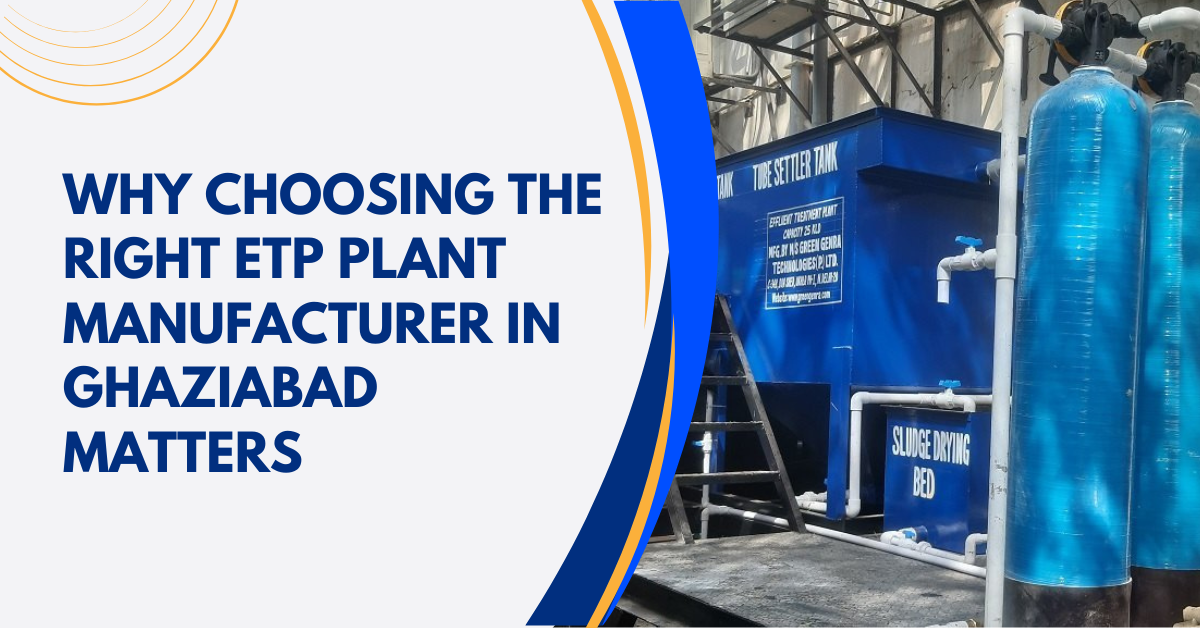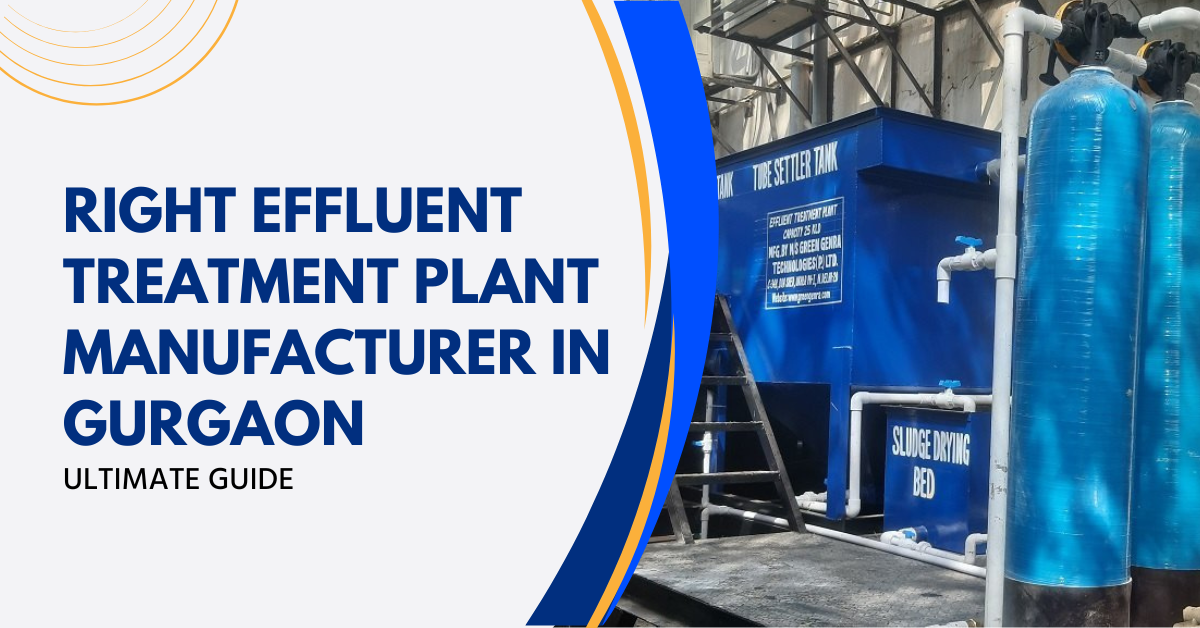Water Expo 2025 in New Delhi 28-30 August 2025 | Pragati Maidan, New Delhi India 20th Everything About Water Expo 2025 ...
The Importance of ETP plants for restaurants?
An Effluent Treatment Plant is designed to treat industrial wastewater to remove contaminants thus making it environmentally safe for reuse or disposal. The ETP plants play a significant role in preventing water pollution by treating effluents before they are released into the environment.
Why ETP plant is important for restaurants?
ETP plant for restaurant is important because of many reasons. They play a key role in promoting environmental sustainability and supporting public health.
- Compliance with the norms and regulations: A significant amount of wastewater is generated from kitchen operations during dishwashing and cleaning activities in restaurants. A good ETP plant helps restaurants adhere with the local and federal environmental norms by treating this wastewater to meet the acceptable standards before it is discharged into the sewer system or natural water bodies. Failure to comply can result in huge fines and legal actions impacting the operation and image of the restaurant.
- Minimize pollution: Wastewater from the restaurants contain grease, food particles and harmful chemicals from the cleaning agents. These impurities can drastically impact water quality, harm aquatic life and cause hindrance in the ecosystem if not treated properly. ETP plant for restaurant is a wise investment as they effectively remove these pollutants, minimizing carbon footprint of restaurants and contributing to conservation of local waterways.
- Cost-efficient: Investing in an ETP plant can be cost-effective for restaurants over time. The fees for wastewater disposal, and the potential costs linked to environmental clean-up processes because of non-compliance. Also, some ETP plants allow the recycling of water for non-potable purposes like toilet flushing, gardening thus minimizing water usage and utility bills of the restaurants.
- Enhancing brand image: Having an ETP plant epitomize the sustainable efforts by the restaurants to minimize their carbon footprint on the environment. This significantly boosts the brand image. Customers are increasingly favoring businesses that demonstrate responsibility towards the environment. By investing in the sustainable practices like ETP plant, restaurants not only minimize ecological imbalance but also attract eco-conscious customers.
- Ensure public health: Proper treatment of wastewater help prevent the spread of diseases and maintains public health. Untreated water is a breeding ground for bacteria. By treating wastewater through ETP, restaurants ensure that harmful organisms are eliminated thus minimizing the risk of disease outbreak related with water pollution.
How does ETP work in restaurants?
An EPT plant in restaurant involves processes like screening, sedimentation, biological treatment and disinfection. These processes remove impurities from water that include grease, food particles, and chemicals from wastewater produced by restaurant kitchen and cleaning activities.
Installing an Effluent Treatment Plant in restaurants is not a regulatory requirement but a step towards operational excellence and sustainability. By prioritizing wastewater treatment, restaurants ensure they are part of sustainable future contributing positively to their planet and community.
FAQs
1. Why is ETP important for restaurants?
ETPs help manage wastewater effectively, ensuring environmental compliance and public health safety.
2. What are maintenance needs of ETP in restaurants?
It is important to have regular maintenance that include monitoring the performance of the system, cleaning treatment units, checking and replacing filters and ensuring all mechanical parts function correctly.
3. What is the approximate price of ETP plant for restaurants?
The price for ETP plant for restaurant in India ranges from INR 1.5 lakhs to INR 10 lakhs, depending on the system’s capacity and technology used.

































Effluent Treatment Plant (ETP) from reliable ETP Plant Manufacturers play a key role in reducing industrial pollution by trea...
With the increasing levels of water contamination in Ghaziabad because of growing industries and a growing population, wastew...
Green Genre is one of the best STP manufacturers in Noida that designs, produces and installs sewage treatment plants in vari...
Effluent Treatment Plants or ETPs are important for industries in Ghaziabad to ensure environmental compliance ensuring effec...
An effluent Treatment Plant or ETP is a crucial investment for industries seeking to manage wastewater according to environm...
ETP or the Effluent Treatment Plant is designed to treat industrial wastewater by removing harmful chemicals, contaminants an...

